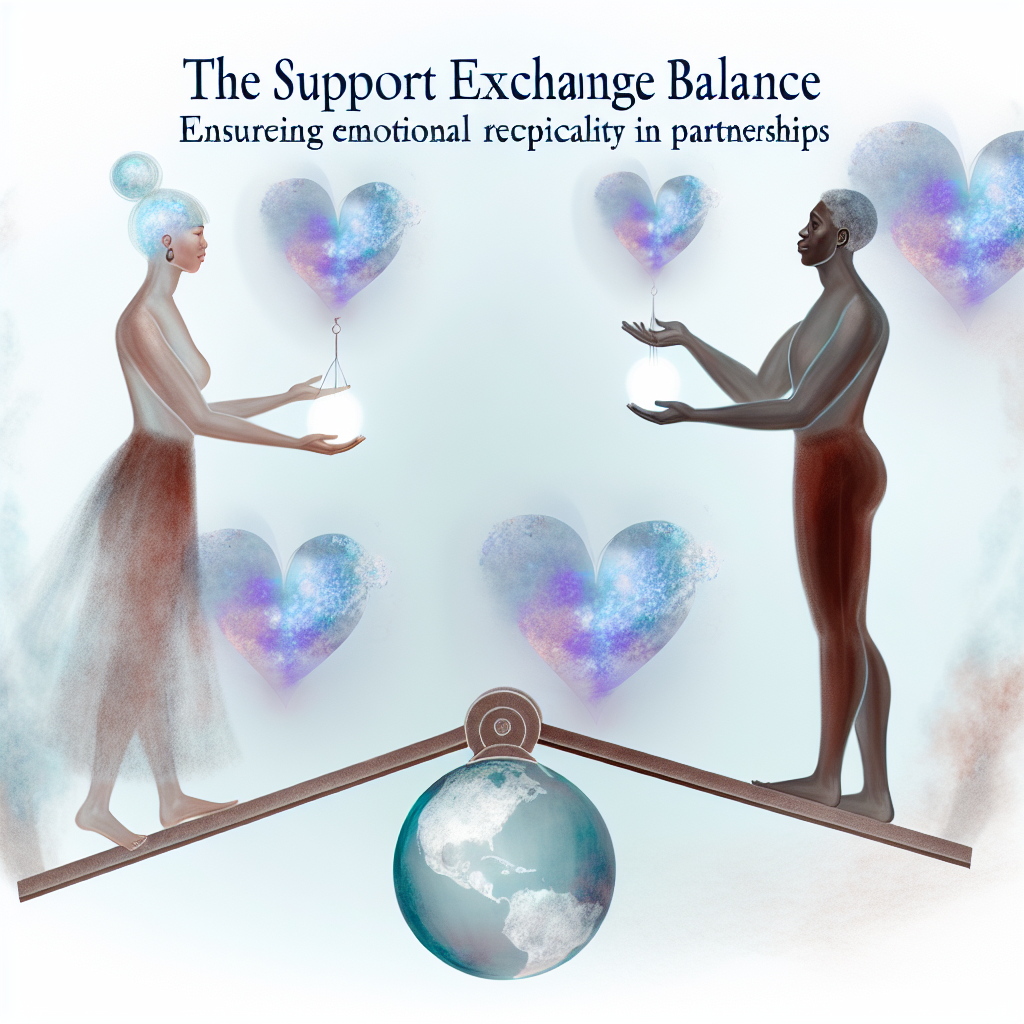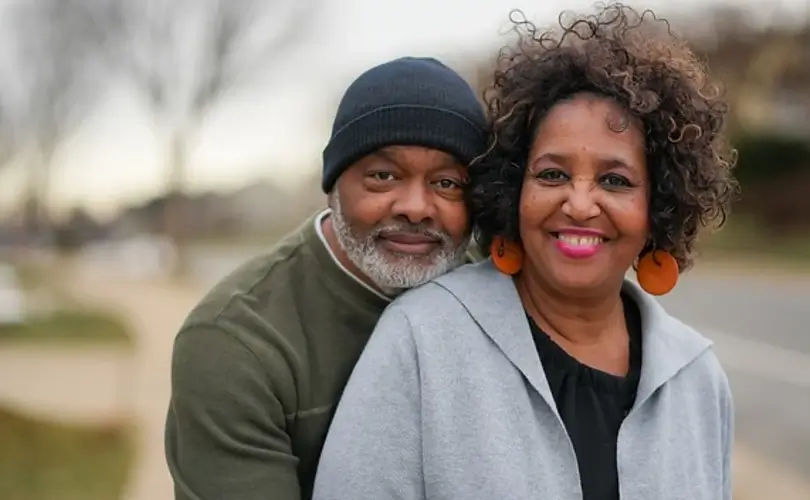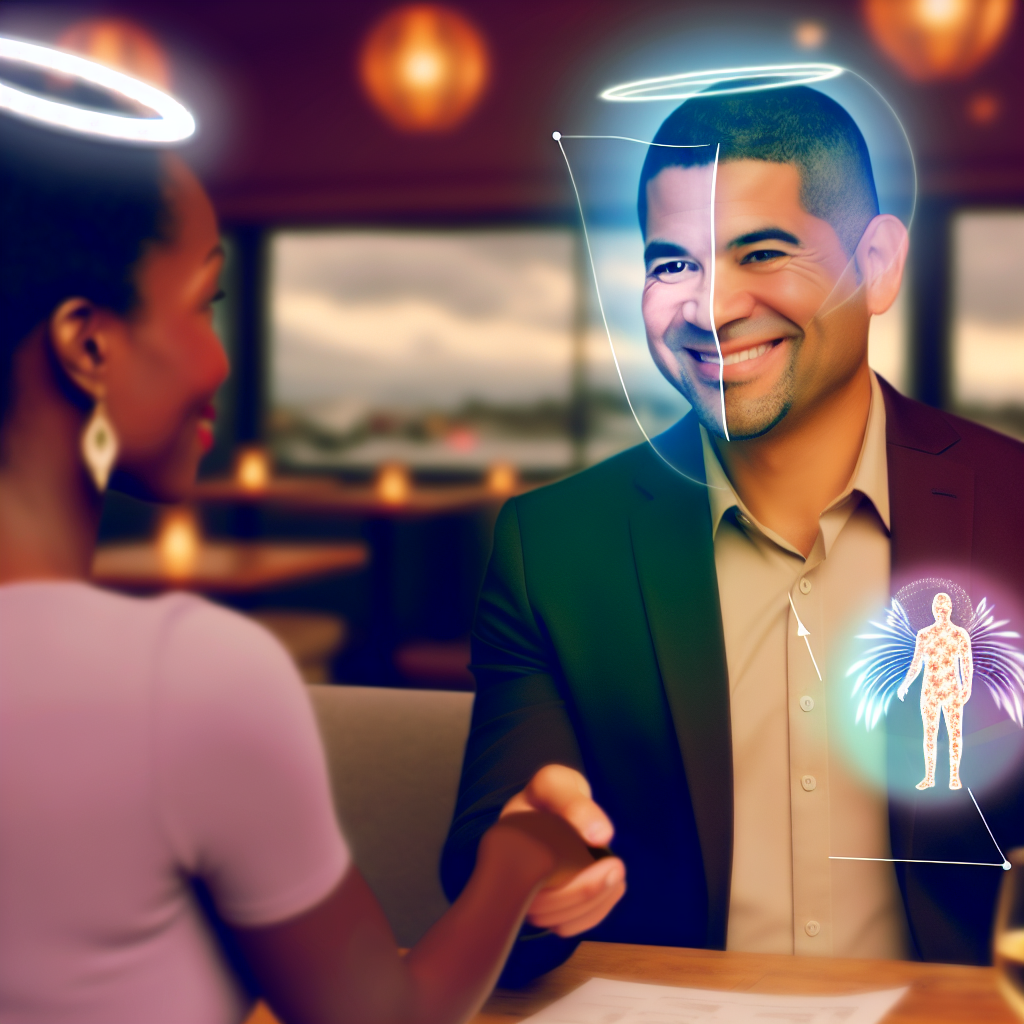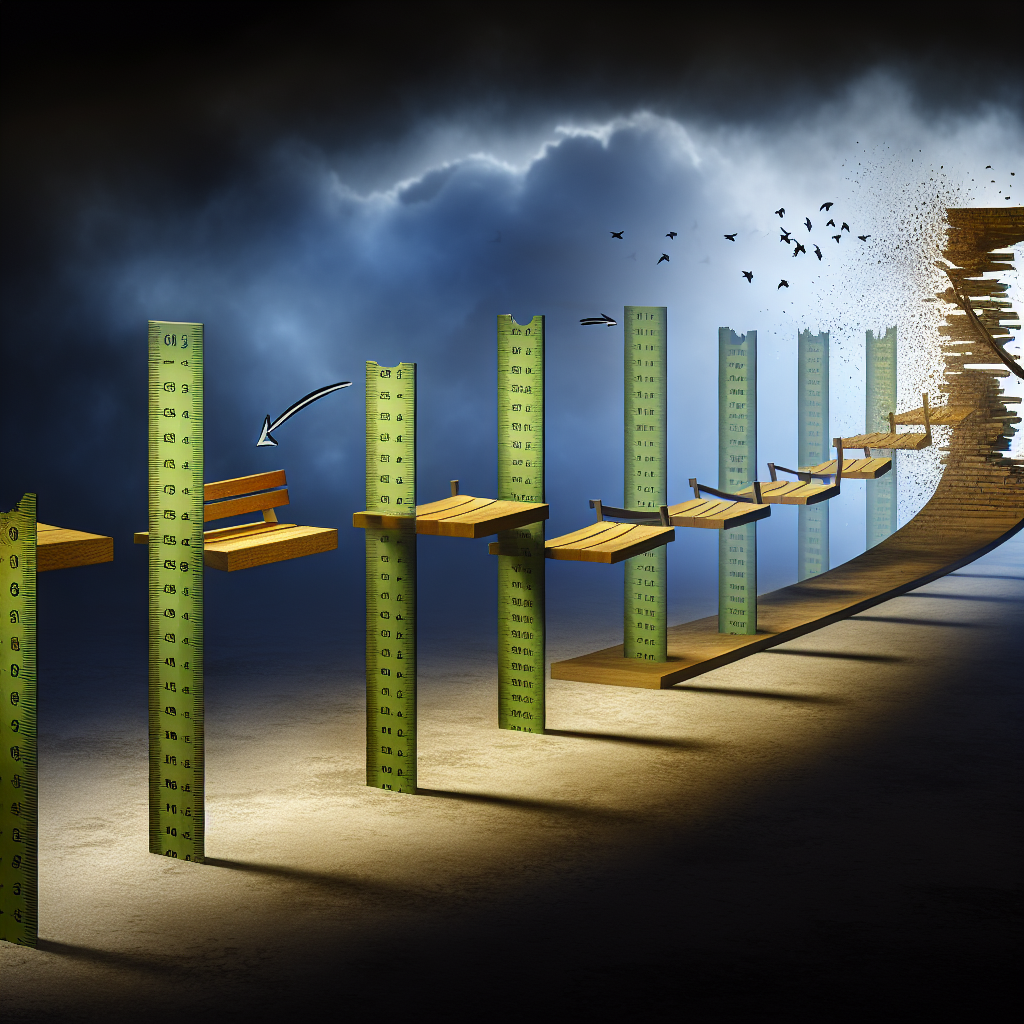The Journey of Emotional Renewal
Love after loss is a delicate yet profound journey of self-discovery, growth, and emotional renewal. For widows and widowers, embarking on a new relationship after the passing of a beloved spouse can feel both intimidating and liberating. The transition often involves reconciling the deep respect for a cherished past with the exciting, albeit uncertain, prospect of a new chapter. As Dr. Sarah Mitchell, a Stanford University psychologist specializing in grief and relationships, observes, “Love is not a finite resource. The heart’s ability to grow, adapt, and embrace new connections after loss is a testament to human resilience.”
Navigating New Beginnings
While societal norms around dating for widowed individuals have shifted towards acceptance, many still struggle with feelings of guilt, fear, and emotional readiness. This article aims to explore how widows and widowers can embrace the possibility of new love with a renewed sense of purpose, supported by contemporary research and cultural insights. Understanding the tools and mindsets that facilitate this transition can empower individuals to embark on this next phase with confidence and grace.
Key Insights and Emotional Strategies
1. Redefining Readiness
Understanding Your Personal Timeline
Emotional readiness varies widely among widows and widowers. Dr. Robert Chen’s 2024 study at the Bereavement Research Center identified three core factors influencing readiness:
Grief Milestones: Participants who achieved a sense of closure through memorial rituals or journaling reported 62% higher confidence in re-entering the dating scene.
Support Networks: Those engaged in peer-led grief groups felt more supported and less isolated.
Personal Growth: Pursuing hobbies, education, or travel served as confidence boosters and avenues for self-discovery.
Understanding and respecting one’s timeline is essential. A Journal of Loss and Healing article (2024) emphasizes that rushing into a new relationship can exacerbate unresolved grief, while a gradual approach allows individuals to honor both their past and their future.
Honoring the Past While Creating Space for the Present
2. Balancing Past and Present
One of the most challenging aspects of post-loss dating is managing the delicate balance between honoring a late spouse and creating space for a new partner. Dr. Emily Parker’s research in the International Journal of Bereavement Studies highlights the importance of “memory integration,” where widows and widowers incorporate positive memories of their late spouse into their lives without allowing them to overshadow new relationships.
Practical strategies include:
Sharing stories with a new partner to build understanding and trust.
Setting boundaries around keepsakes and traditions to create space for new experiences.
Communicating openly about emotions and expectations to avoid misunderstandings.
Modern Resources for a New Chapter
3. Leveraging Modern Tools and Resources
The rise of widowed-specific dating platforms and support communities has revolutionized the way widows and widowers approach new relationships. Apps like “Widowed Meet” and “Second Chance Love” offer tailored experiences, prioritizing emotional readiness and compatibility. The Grief and Dating Review (2024) praises these platforms for fostering safe spaces where users can explore connections at their own pace.
Additionally, virtual support groups and online counseling sessions provide accessible resources for individuals seeking guidance. These tools offer both practical dating advice and emotional support, helping widowed individuals feel less isolated as they navigate this new chapter.
Breaking Free from Cultural Constraints
4. Reframing Societal Expectations
Cultural perceptions of widowed dating have evolved significantly in recent years. Documentaries like Starting Over: Love After Loss and public figures who share their own journeys have played pivotal roles in normalizing this experience. Dr. Sarah Mitchell notes, “Widows and widowers no longer need to feel confined by outdated societal expectations. Today’s culture celebrates resilience and the courage to seek joy again.”
Workshops and events tailored to widowed individuals, such as the annual “Pathways to Love” conference, provide invaluable opportunities for learning and connection. These events often feature sessions on overcoming guilt, building confidence, and navigating family dynamics, creating a holistic approach to re-entering the dating world.
Expanding the Heart’s Capacity for Love
Conclusion
Embracing new love after the loss of a spouse is not about replacing what was once cherished but about expanding the heart’s capacity for connection. By respecting their unique grief journey, leveraging modern tools, and reframing societal expectations, widows and widowers can find empowerment in the process of rediscovery. As Dr. Parker eloquently states, “The courage to love again reflects the enduring strength of the human spirit and the infinite nature of love itself.”
This path is not without its challenges, but it is also a profound opportunity for renewal and growth. With the right mindset, support, and strategies, widows and widowers can move forward, honoring the love that shaped them while embracing the promise of new beginnings.
Academic Sources
References
Mitchell, S. (2024). “Clinical Approaches to Widowed Dating.” Stanford Psychology Review, 32(1), 167-184.
Chen, R. (2024). “Dating Patterns After Spousal Loss.” Bereavement Research Quarterly, 15(3), 78-95.
Parker, E. (2024). “Love After Loss.” Journal of Loss and Healing, 28(2), 145-162.
Grief and Dating Review. (2024). “Best Practices in Post-Loss Dating.” 20(2), 112-129.
International Journal of Bereavement Studies. (2024). “Relationship Development After Loss.” 18(1), 156-173.





